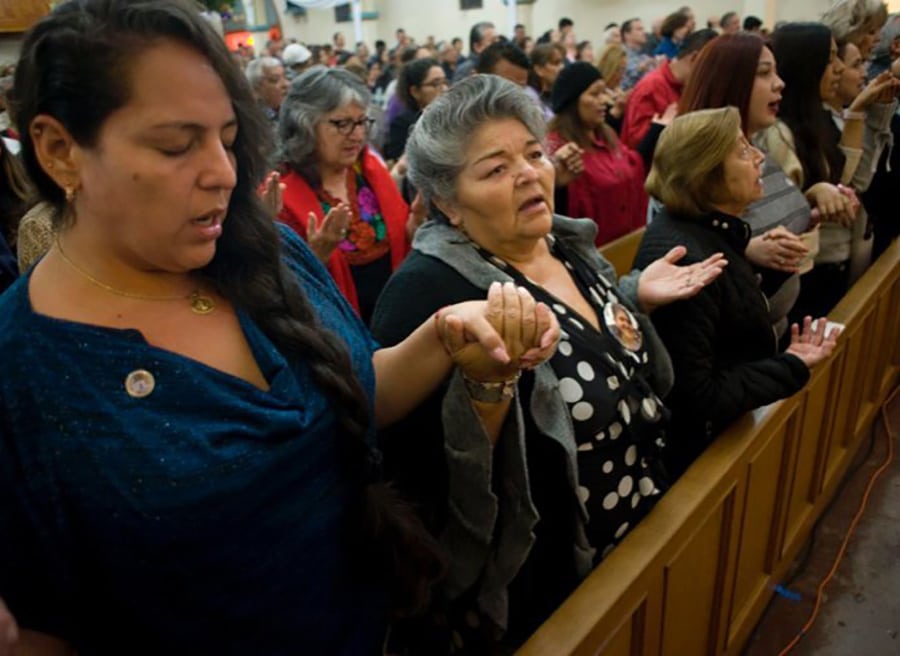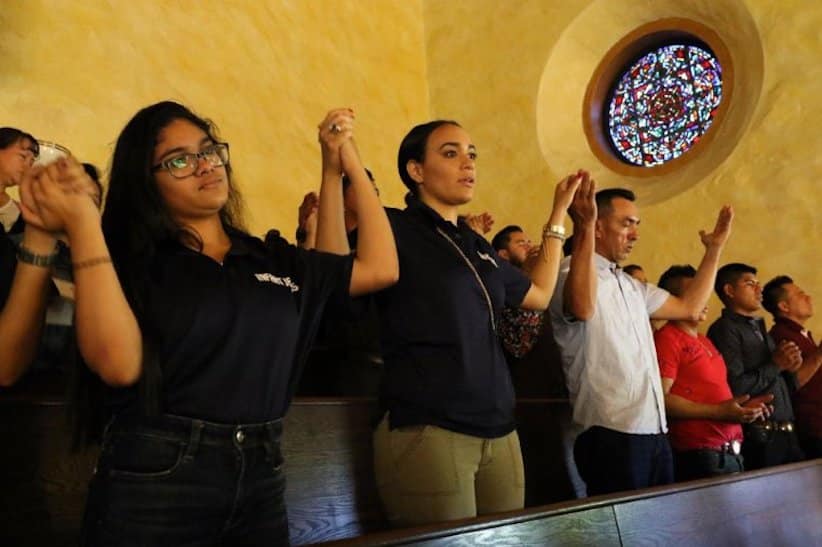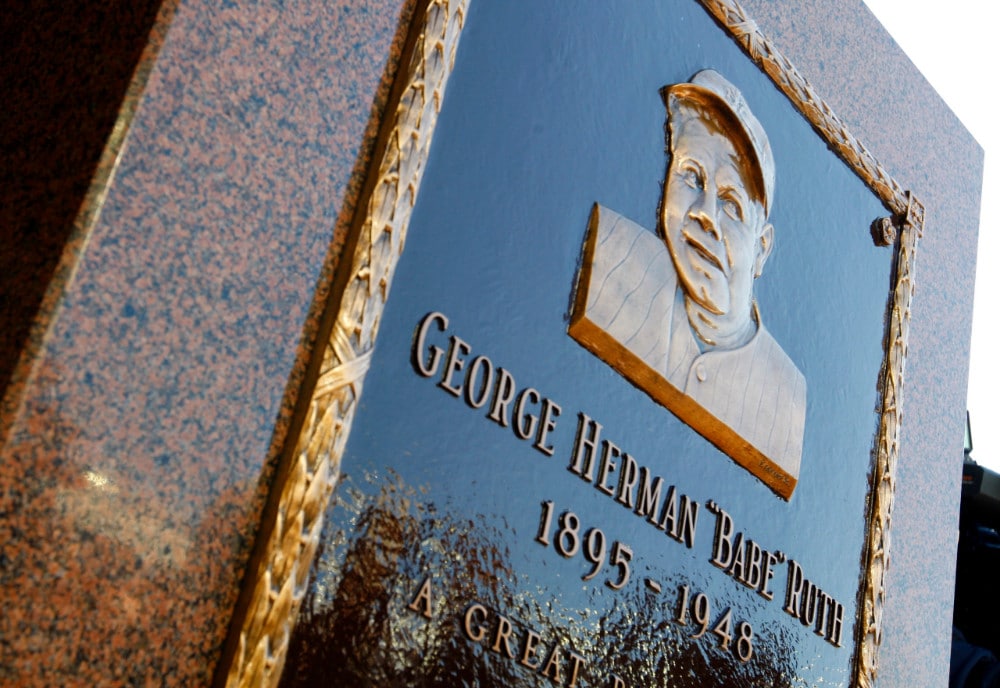You want to start a vigorous discussion among Catholics, make a definitive statement about what “good worship” is. Be as specific as possible. Every level of detail will double the emotional investment other Catholics will be feeling.
Which is to say: Don’t do that. It won’t get you anywhere, it won’t change anyone’s mind, and it won’t change the Church, except to make our shared life slightly worse. Making the various sides even more intransigent is the problem that arguments over worship stand in for arguments over the nature of the Church and of our life together.
Worship does matter
Arguing about Catholic worship usually doesn’t get us far and doesn’t do much to renew the Church. It can do a lot to divide the Church, and certainly individual Catholics, given how angry people can get. I have been one who’s made people angry and gotten angry in return.
It’s a conversation we can have sometimes, but only with care and thought, the way you can blow up something like an old football stadium with a controlled explosion, but not on the spur of the moment. Still, we can do something practical to improve the Church’s worship. We can define “good” and “the best” in a useful way.
It does matter, of course. The answers matter and need to be thought about. In his marvelous book “Letters to a Niece,” the theologian Friedrich von Hügel explains to the young woman to whom he’s giving spiritual instruction: “History teaches us quite plainly that there exists no such thing as strong and persistent religion without public worship.”
And therefore “public worship requires much care, much nurture: does it deserve all these pains? Why, of course, yes, and YES again.” (The all caps “yes” is his. He must have felt strongly about this, because he was not an all caps kind of guy.)
Bring our best to Mass
On the other hand, not thinking about worship doesn’t help. Worship can’t be what it should be, Hügel says, suffering either “pure contemptuous toleration or cheery matter-of-courseness.” We can’t retreat from difficult subjects because just saying either “Let’s just get through it” or “Who cares?” will destroy as much as angry arguments.
As someone who once eagerly argued about worship and has gotten older and less combative, I feel the attraction of being cheerily matter-of-course. I want to tell other laymen to stop arguing. Just get to Mass and don’t ask for better than you get.
That is the easiest answer. Just deal. It’s the more mature answer, I think, speaking as an old guy, but even if it is, it’s not the complete answer. We can do something ourselves. We can up our game.
People arguing about worship talk about bringing “the best” to worship, often meaning their preferred music style but often a real reverence that’s sometimes missing. We should bring the best. But the best we can bring is our best. That’s the kind of liturgical change and renewal we can effect.
Pay better attention
What that means in practice I can only address from my own experience. My mind is wired to wander. I can’t manage the complete, sustained concentration some people can, like the people sitting next to me who look straight ahead and don’t move a muscle except to perform the expected gestures.
I try to bring my own best to worship by paying better attention, by keeping my thoughts in order and on target, by not looking around at the people in front of me, and by trying not to fidget. This I do, or try to do, by keeping my eyes on the crucifix, in our church above and behind the altar, except when the priest holds up Jesus in the elements.
We’re assisting at Mass, and assistants pay attention. No one wants a helper who’s thinking about something else. I’m not saying I’m not assisting when my mind wanders, because I’m there and trying, but I could do better. I can bring my best, which is the me who’s more focused on the Mass.
The rest of you will have your own struggles and your own answers. The lovely thing is that whatever we do will work to our own good. To go more deeply into worship, to bring your best, is to grow closer to the God we worship.





